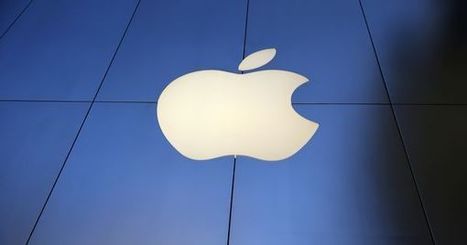Silicon Valley giant Apple Inc. on Wednesday confirmed that it is investing $1 billion (approximately Rs 6,793 crore) in Japanese telecom major SoftBank Group’s Vision Fund, an estimated $100-billion (approximately Rs 68 lakh crore) venture that will oversee the development of new technologies. Taiwanese electronics manufacturer Foxconn and the family of the Oracle corporation’s chairman Larry Ellison are also expected to invest in the fund, the Wall Street Journal reported.
Apple believes the move “will help ‘speed the development of technologies that may be strategically important” to it, company spokesperson Kristin Huguet said. Apple has rarely ever invested in venture capital companies before.
While SoftBank will itself invest approximately $25 billion (approximately Rs 17 lakh crore) in its Vision Fund, it will be back largely by the Saudi Arabian government. American telecom equipment company Qualcomm Inc is also expected to put in an investment.
The SoftBank Vision Fund is expected to close its fundraising efforts by mid-2017.



 Your new post is loading...
Your new post is loading...










When $1Billion buys you 1% of a funding round #OrderOfMagnitude